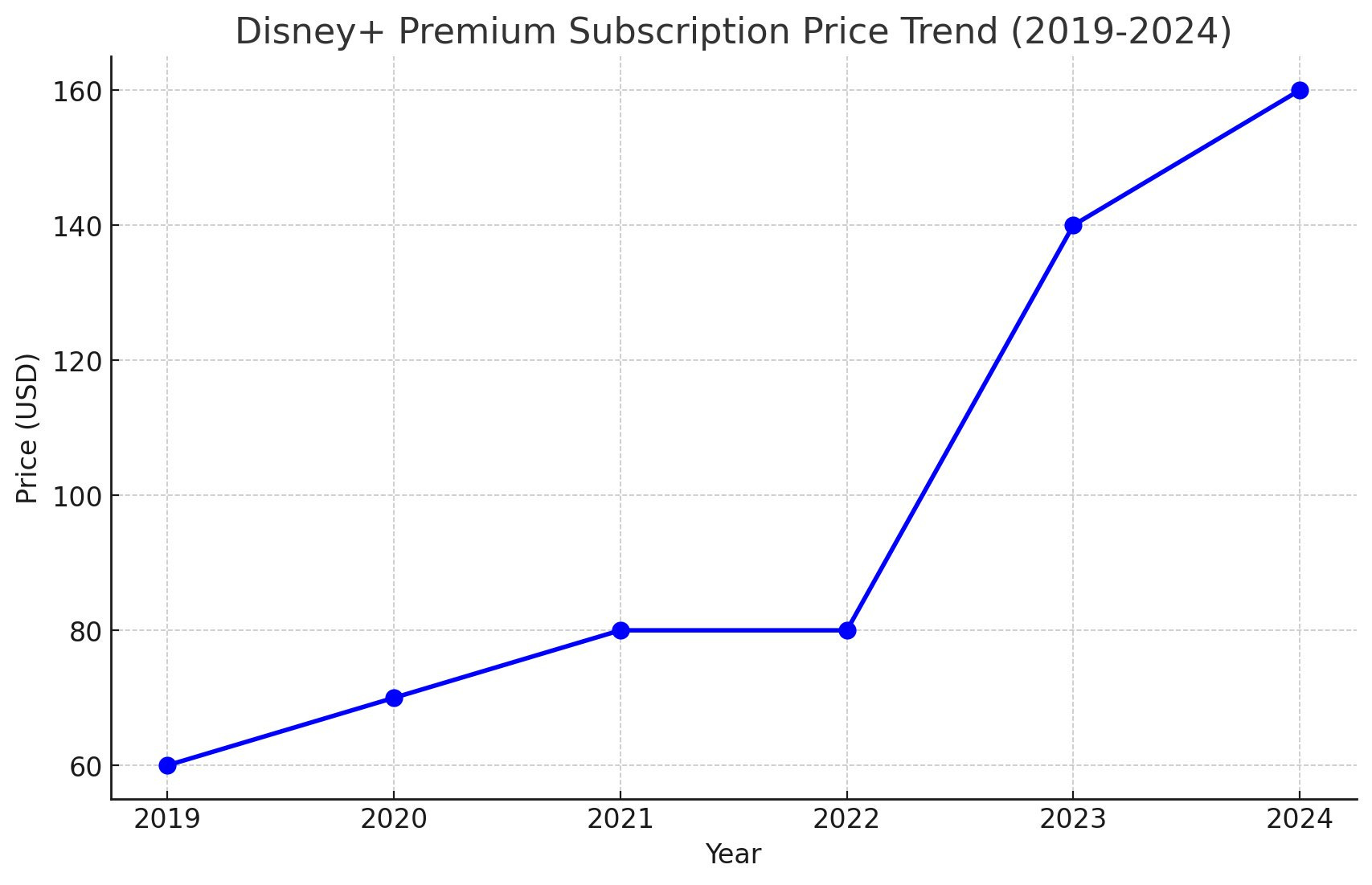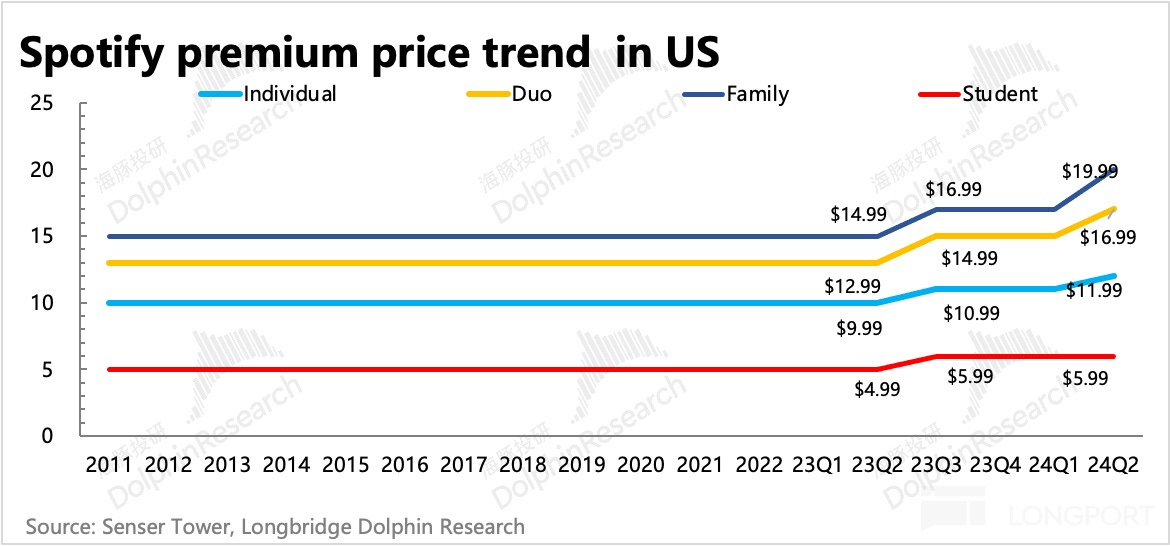I got a request to explain why streaming subscription prices are so damned high—and getting higher. This came in response to a chart I shared two days ago: And it’s not just Disney. All the streaming platforms are jacking up prices. I still subscribe to five different streaming services—down from six previously. Every one of them raised prices this year, and always by more than the inflation rate. Here’s what Spotify is doing: What’s going on? And will it continue? I recently described this as an “endgame strategy”—but that might be confusing to readers.
Endgame is a term drawn from chess, where it refers to a body of wisdom about the final moves on the board. But business is like chess, so I frequently analyzed endgame situations back in my days at the Boston Consulting Group and McKinsey. I now see these endgame strategies getting implemented in various media, entertainment, and streaming businesses. But almost nobody inside those businesses wants to talk about it. So let me lay it out for you. If you want to support my work, consider taking out a premium subscription—for just $6 per month (even less if you sign up for a year).The Entertainment Industry Is Adopting an Endgame MindsetYou pursue an "endgame" strategy when demand for your business hits a wall, and it's hard to attract new customers. The most typical endgame strategy is to cut back investment into new products and services, and raise prices sharply. You're willing to accept some loss of customers, because you’re now squeezing more profit-per-user out of your remaining consumers—who stick with you out of loyalty or habit or inertia. These are your sheep, ready to be shorn. Profit per customer is now the key metric driving your business. It’s more important than innovation or growth or artistry or any of those old fashioned ideas. That’s why, for example, Netflix won’t share data on the number of subscribers anymore. They claim this is no longer relevant to their business model—and they aren’t lying. Price increases are now the engine of their business. That’s precisely how you grow profits when you can no longer grow your user base. This is how execs get rich in a stagnant business. They can still make buckets of money while their customer base shrinks. This is already happening in the newspaper business, private colleges, some healthcare sectors, and other stagnant industries. Private equity firms are experts at implementing this strategy—so be prepared when they arrive at your workplace. This is now starting to happen in entertainment and media. All the major players are cutting back investment in new stuff.
This is the new normal. You will pay more for less. And there’s not much you can do about it—except walk away from these platforms. They expect a few of you will do just that, but more will stay. These remaining loyalists will get punished for their loyalty. That’s the new streaming business model in a nutshell. But don't expect Disney, Netflix, Spotify, or anyone else to announce it in a press release. Watch what they do, not what they say. Here’s a tiny glimmer of good news. As legacy businesses enter this endgame phase, opportunities emerge for indie operators and freelancers. Creativity won’t disappear—it will just change its location. If you work in entertainment or media, you can still thrive. Endgame for some will be the beginning for many others. You're currently a free subscriber to The Honest Broker. For the full experience, upgrade your subscription. |
Search thousands of free JavaScript snippets that you can quickly copy and paste into your web pages. Get free JavaScript tutorials, references, code, menus, calendars, popup windows, games, and much more.
Why Streaming Subscription Prices Will Continue to Rise
Subscribe to:
Post Comments (Atom)
Top 3 UX Design Articles of 2024 to Remember
Based on most subscriptions ͏ ͏ ͏ ͏ ͏ ͏ ͏ ͏ ͏ ͏ ͏ ͏ ͏ ͏ ͏ ͏ ...
-
code.gs // 1. Enter sheet name where data is to be written below var SHEET_NAME = "Sheet1" ; // 2. Run > setup // // 3....




No comments:
Post a Comment